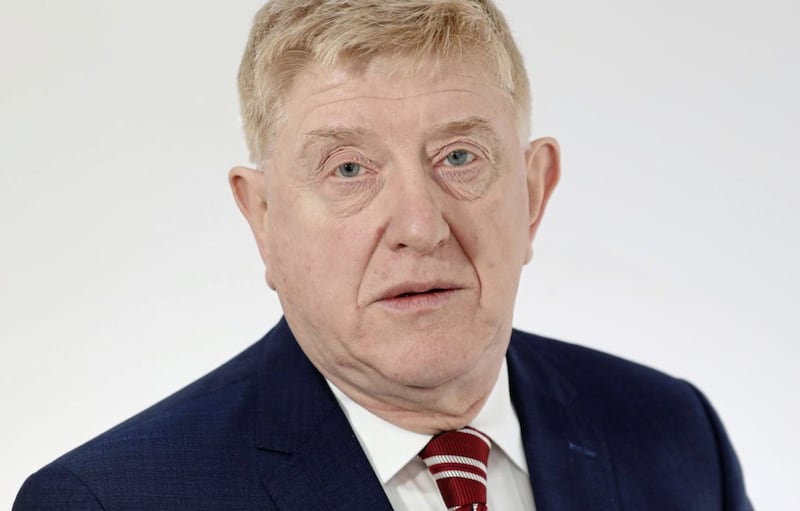The PSNI has refused to confirm if a standalone computer used by an undercover unit was examined by an internal audit department.
The failure to clarify if the Covert Authorities Bureau (CAB) had access to a standalone computer came as the Anti-Corruption Unit (ACU) continues to be linked to the surveillance of journalists and lawyers.
Part of the Professional Standards Department, it was formed around 2007 and is attached to the PSNI’s C3 department, which was formerly known as ‘Special Branch’.
The Anti-Corruption Unit consisted of separate sections including an intelligence cell, a surveillance branch and Source Handling Unit.
Sources say newly appointed Police Ombudsman chief executive, former Head of Intelligence at C3, Hugh Hume, had an oversight role with the Source Handling Unit, which has since been stood down.
Part of the ACU’s remit is to investigate potential leaks of information by PSNI personnel.
A PSNI report presented to the Policing Board last week confirmed that the force made 823 applications for communications data relating to journalists and lawyers over a 13-year period from 2011-2024.

The unit has also been linked to the surveillance of former senior PSNI officer Duncan McCausland and West Yorkshire Chief Constable and ex-PSNI officer Mark Gilmore, who were among several men questioned in 2014 in connection with the awarding of vehicle contracts.
In 2022, the PSNI settled a case ahead of an Investigatory Powers Tribunal (IPT) public hearing, admitting it had broken its own intelligence rules.
The IPT looks at complaints from people who believe they have been the victim of unlawful covert interference.
It has recently been claimed that the PSNI had trawled phone data of journalists every six months to establish if they had been in contact with police sources.
Details of the surveillance came to light through the IPT, which is examining allegations that two investigative journalists, Barry McCaffrey and Trevor Birney were subjected to unlawful surveillance.
On Tuesday the Irish News revealed that that informed sources say the unit used a “stand alone computer and nobody else had access to it”.
The claim was later repeated by former Assistant Chief Constable Alan McQuillan.
In a statement Deputy Chief Constable Chris Todd later said the PSNI “does not accept as accurate the comments made in the interview with Mr McQuillan”.
“To suggest that a standalone computer system was in operation to avoid proper scrutiny and control is simply not the case,” he said.
“Our Professional Standards Department Anti-Corruption Unit used a secure system that was not accessible to the wider police service but was subject to the same scrutiny as all other police systems.”
In 2016 an inspection report from the Office of Surveillance Commissioners (OSC) reveals that there was no “external oversight” of Anti-Corruption Unit cases involving Covert Human Intelligence Sources (CHIS) and that the Covert Authorities Bureau, described as a unit that audits intelligence within the PSNI, was totally “unsighted” in some cases.
When the Irish News asked the PSNI if the “standalone computer system” was ever examined, made available to or scrutinised by CAB, the PSNI’s internal audit department, or others, a spokeswoman failed to provide a direct response, saying the force had “nothing to add to DCC Todd’s statement”.

Mr McQuillan said on Tuesday his information suggests there was a stand alone computer system.
“It was in a separate office in the discipline system, it was a source handling unit which dealt with matters relating to the discipline investigations, that is the centre of the issues I have referred to,” he said.
He said his “view remains the same” adding that Mr Todd’s statement was “very carefully crafted around that and what is already in the public domain about this”.
Mr McQuillan said there needs to be a public inquiry.
SDLP leader Colum Eastwood has backed the call.
“”It is my strong view that a public inquiry with powers to compel disclosure is now necessary,” he said.
“It is no longer enough for political leaders to say nothing is off the table - we need to act to address this quickly.”
Sinn Féin Policing Board member Gerry Kelly said there was a growing view “that a public inquiry with powers to compel witnesses is the only way to establish the full truth”.








